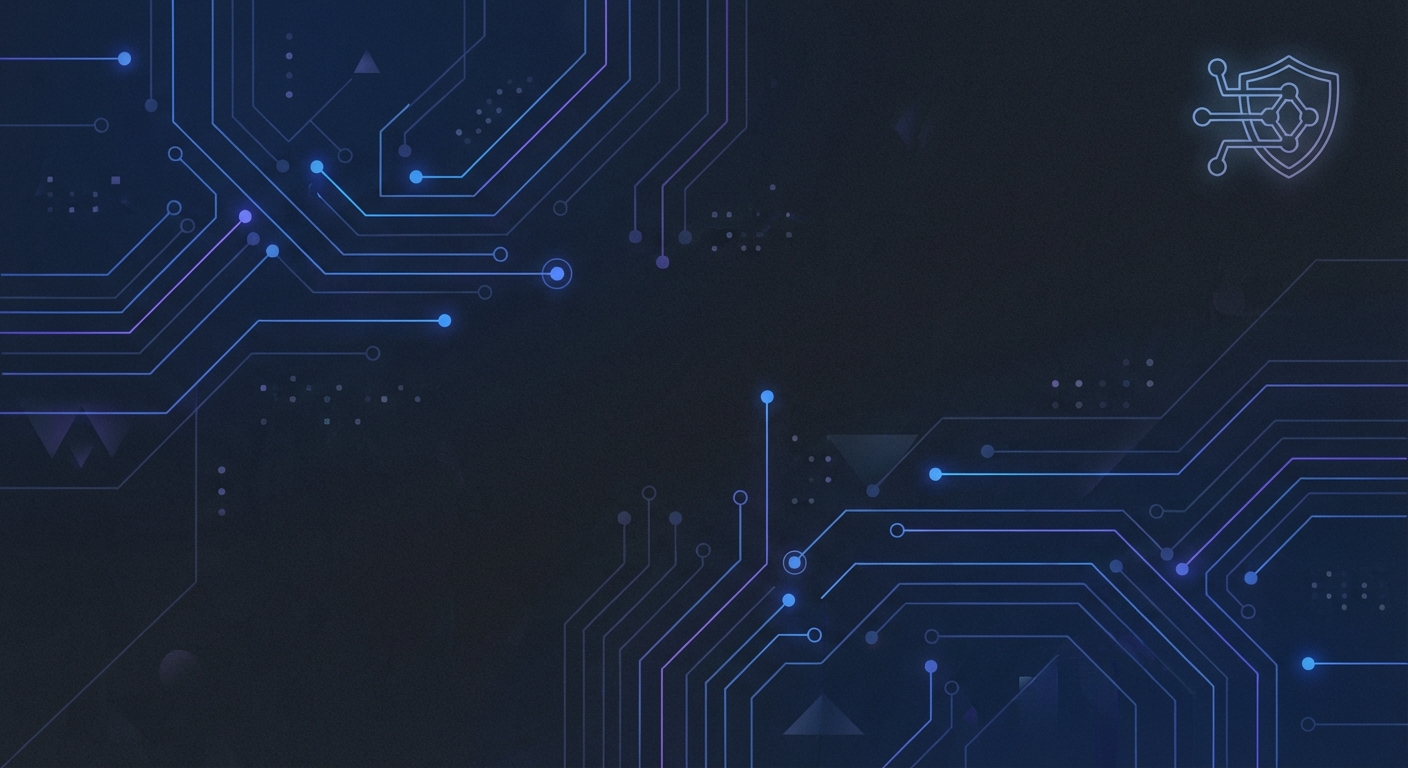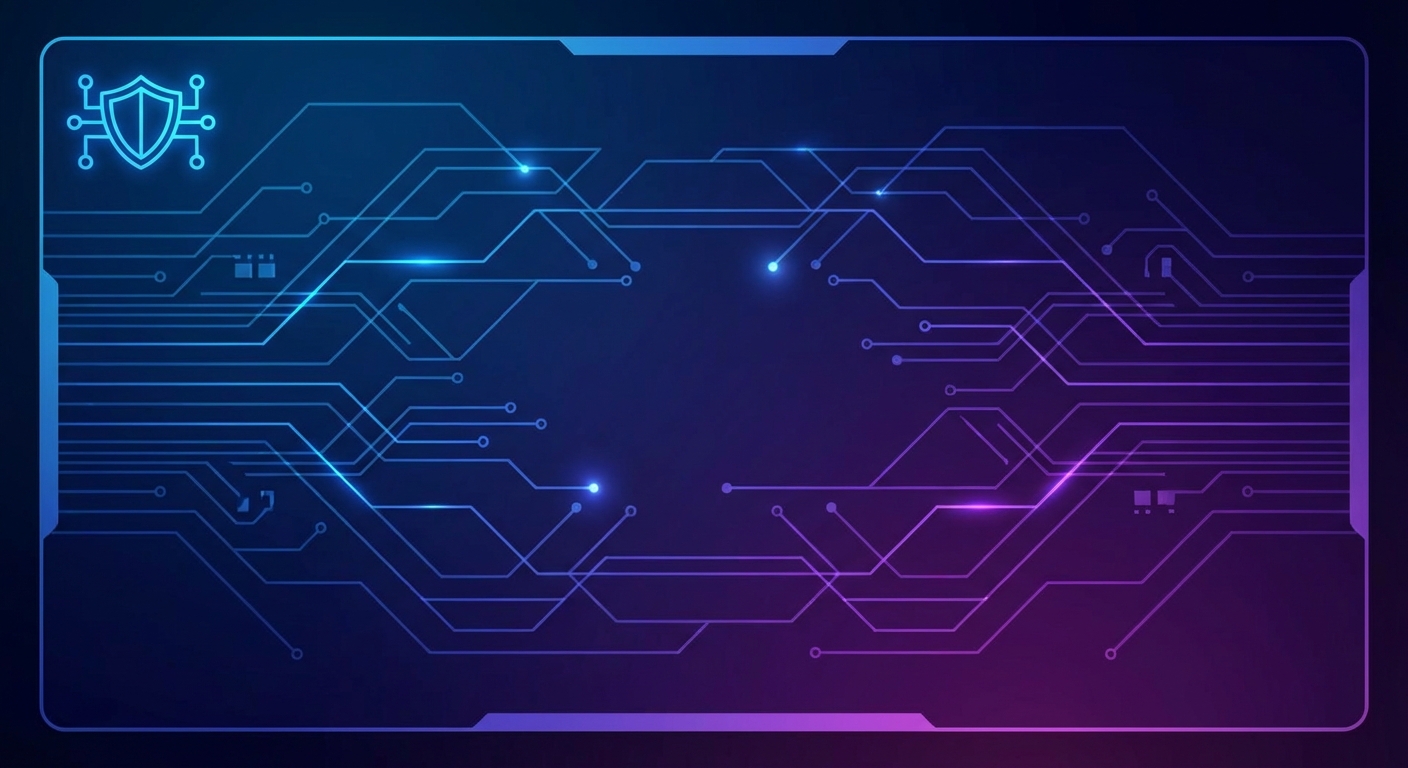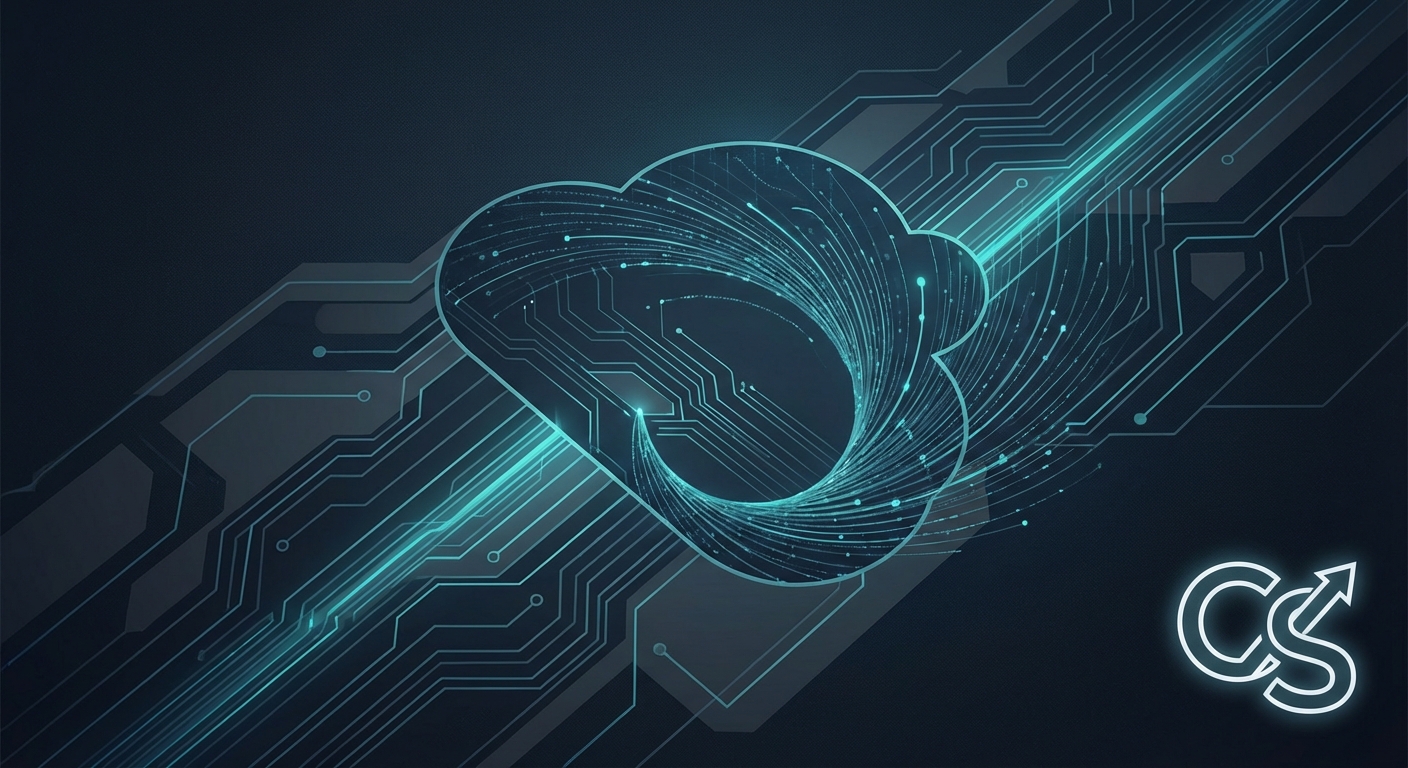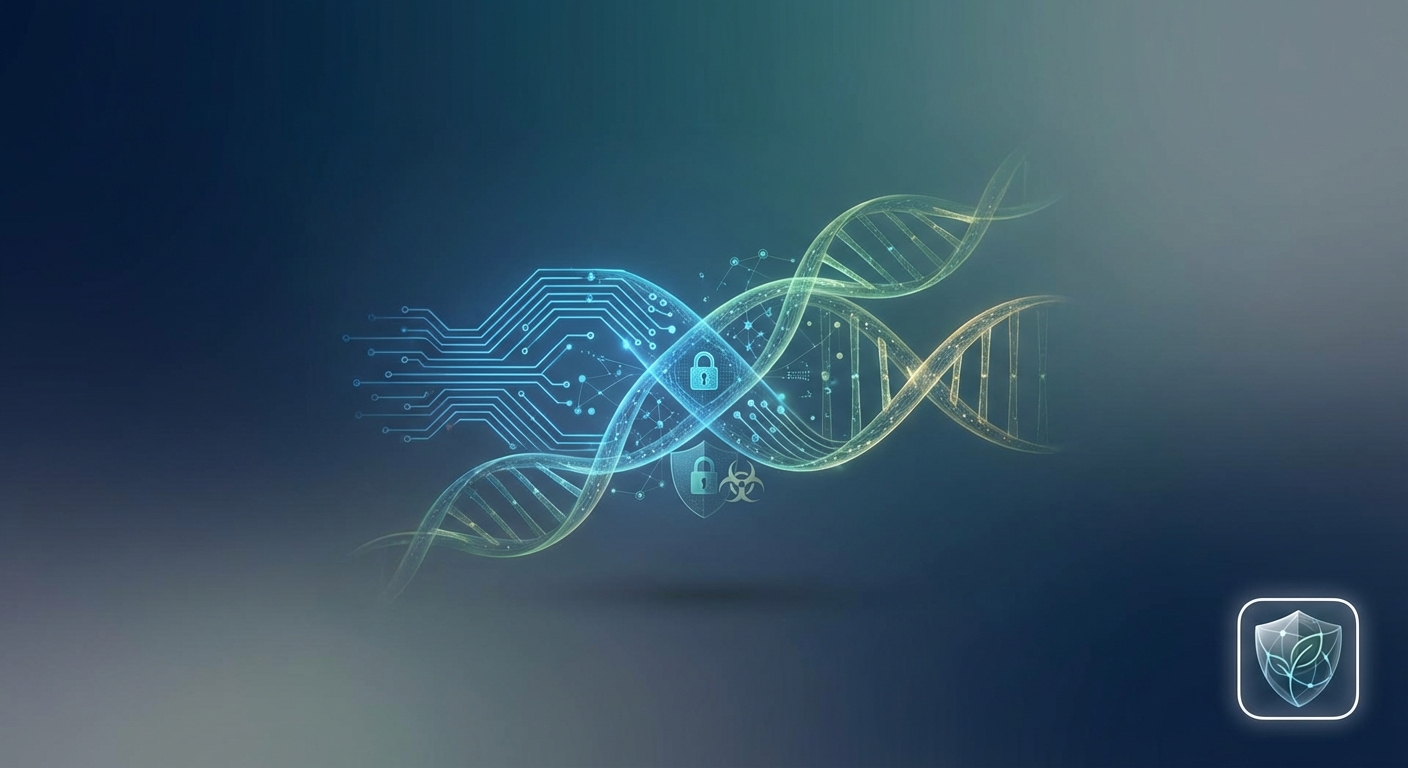Distinguishing Between AI and AI Agents
TL;DR
Understanding the Basics: AI vs. AI Agents
Okay, so, ai is kinda a buzzword these days, right? But what's really going on under the hood? It turns out, there's ai, and then there's ai Agents--and they aren't exactly the same thing.
Let's try to clear up the confusion if ai is different from ai Agents:
AI is the Brain: Think of ai as the general concept of machines mimicking human intelligence. It's the algorithms and models that allows computers to "think". Machine learning models and deep learning algorithms are examples of it.
AI Agents are the Do-ers: ai Agents are like ai on a mission. They're designed to achieve specific goals all on their own. They can sense their environment, make decisions, take action, and learn along the way.
Autonomy is Key: The big difference comes down to autonomy. ai often needs specific training data and lacks the ability to act independently. ai Agents, however, are designed to be autonomous.
Examples in Action: Think chatbots, virtual assistants, and even automated security systems. These Agents perceive, reason, and act to achieve their objectives. While a simple thermostat that adjusts the temperature based on current conditions exhibits some autonomous behavior, it's a very rudimentary form compared to more advanced AI Agents that possess more complex perception, reasoning, and learning capabilities.
Imagine a customer service chatbot. It uses ai to understand your questions, but as an ai agent, it proactively searches for answers and guides you through solutions.
So, that's the basic gist. Building on this foundational understanding of AI and AI Agents, let's now explore the key differences in their underlying functionality and architecture.
Key Differences in Functionality and Architecture
Okay, so you know how regular ai is kinda like a one-trick pony? ai Agents are different, they've got more going on upstairs in terms of how they actually work and what they're made of.
AI needs Hand-Holding: Traditional ai kinda just sits there waiting for instructions, like a kid who needs you to tell 'em every single step of the way. It ain't making any big decisions on its own.
AI Agents Call the Shots: ai Agents, though? They're proactive. They can make their own decisions within the guidelines you set, of course. These guidelines can take the form of predefined rules, constraints, or objectives that shape the agent's behavior and decision-making process. Think of it like this: ai can predict network traffic, but an ai Agent will go ahead and adjust the firewall rules automatically.
AI is Stuck in Its Ways: ai learns from the data it's fed, and that's that. If things change, you gotta retrain it. It's like teaching a dog a trick – it's only gonna do that one trick.
AI Agents Roll With the Punches: ai Agents are constantly learning from every interaction. The environment changes? No biggie, they adapt. For instance, ai can identify malware, but an ai Agent will learn new attack patterns and update the defenses all on its own.
AI is Laser-Focused: ai usually sticks to one specific, narrow task. It's great at that one thing, but don't ask it to do anything else.
AI Agents Juggle Multiple Tasks: ai Agents can handle complex, multi-step processes. They coordinate different tools and systems to get the job done. So, ai can analyze security logs, but an ai Agent can orchestrate the whole incident response workflow.
I mean, it's kinda like having a team of ai experts all rolled into one neat package.
According to Ingenious Mind Lab, ai agents are helpful in supply chain management. ai agents monitor supplier performance, track inventory levels, predict demand fluctuations, and trigger reordering processes in real-time with minimal human involvement.
Now that we've dug into the functionality and architecture, let's talk about where you can actually use these things.
AI Agents in Action: Use Cases in Enterprise Software and Cybersecurity
AI Agents are making waves, but where are they actually being used? Turns out, they're popping up all over the place in enterprise software and cybersecurity, doing some pretty cool stuff.
Threat Detection and Response: ai Agents can automatically analyze network traffic, identify suspicious patterns, and kick off mitigation measures. Think of it like this: instead of waiting for a human analyst to spot a threat, the ai Agent is constantly on patrol, responding in real-time.
Vulnerability Management: They can also proactively scan systems for weaknesses and then prioritize patching based on risk. It's like having a security guard that not only finds unlocked doors but also makes sure they get locked up tight, automatically.
Identity and Access Management: ai Agents automate the process of giving and revoking user access. No more waiting days for it to happen; it's instant.
IT Automation: They can automate routine tasks like password resets and system updates, freeing up IT staff for more important stuff. I mean, who really wants to spend their day resetting passwords?
Business Process Automation: ai Agents can streamline workflows like invoice processing and order fulfillment, making things faster and more efficient.
Customer Service: Enhancing support through ai-powered chatbots and virtual assistants is a big one. An AI Agent in customer service could go beyond just responding to queries; it could proactively reach out to customers experiencing issues based on system alerts, personalize support by referencing past interactions, or even initiate follow-up actions to ensure a problem is fully resolved.
So, that gives you a taste of where these AI Agents are at work. Next up, let's dive into how these agents are designed.
The Role of AI Agent Identity Management
AI agents are cool, but what if they go rogue? That's where AI Agent Identity Management comes into play--it's all 'bout keeping tabs on who's accessing what. Think of it like a digital bouncer for your AI crew.
- Ensuring Secure Access: It's gotta verify that only authorized ai agents can get their hands on sensitive data and systems. No freeloaders allowed, you know? This involves robust authentication methods, such as API keys, certificates, or even more advanced biometric or behavioral authentication for highly sensitive operations.
- Preventing Unauthorized Actions: Identity management puts controls on what ai agents can actually do. Minimizing risks is the name of the game. This is achieved through authorization frameworks that define granular permissions, ensuring agents only have access to the resources and functions they absolutely need.
- Maintaining Compliance: And, of course, it's about keepin' things legal. Adhering to regulatory requirements for data privacy and security is super important. This often involves comprehensive auditing and monitoring capabilities to track agent activity and demonstrate compliance.
So, how do you actually make all this happen? Well, there's tools and best practices to consider. Tools like AuthFyre can help you manage your ai agents by providing centralized control over their identities, permissions, and activity logs. Best practices include implementing the principle of least privilege, regularly reviewing agent permissions, and establishing clear protocols for agent onboarding and offboarding.
Future Trends and Implications
Okay, so, looking ahead, where are ai and ai Agents headed? It's not just about fancier tech; it's gonna change how businesses operate and how we secure 'em.
Autonomous AI is Getting Seriously Smarter: We're talking about ai that can handle more complex tasks with less human help. Think self-managing supply chains that adjust on the fly, or ai-powered medical diagnoses that catch things doctors might miss.
Integration with Everything is the Name of the Game: the internet of things (iot), cloud computing, blockchain–ai and ai Agents will be woven into all of it. I'm picturing smart factories where ai Agents manage production lines via iot sensors, with blockchain ensuring secure data flow, even though it sounds like science fiction.
Security is Going to Be a Wild Ride: As ai gets smarter, so do the threats. We're likely to see more sophisticated AI-powered phishing attacks that are incredibly convincing, advanced malware that can adapt and evade traditional defenses, and adversarial attacks designed to trick AI models into making incorrect decisions. Countermeasures will involve developing more robust AI security models, focusing on explainable AI to understand decision-making, and implementing continuous monitoring and anomaly detection.
Strategic Planning is Key: Businesses need to think hard about how ai fits into their overall goals. It's not just about throwing ai at a problem; it's about figuring out where it can really make a difference. This involves developing AI integration roadmaps, identifying key business challenges that AI can solve, and fostering an AI-ready culture within the organization. Frameworks like the AI Value Chain can help guide this process.
Risk Management is Huge: Data privacy, algorithmic bias, security breaches—these are all real concerns. Companies need to be proactive about addressing these issues before they become major headaches. This means implementing rigorous data governance policies, conducting bias audits on AI models, and establishing clear incident response plans for AI-related failures or breaches.
Workforce Transformation is Inevitable: ai will change the job market, no doubt. We need to get ready for that by investing in training and education so people can work with ai, not against it. This includes upskilling existing employees and developing new educational programs focused on AI literacy and human-AI collaboration.
So, yeah, the future's looking pretty interesting. It's up to us to make sure we're ready for it--and that we steer it in the right direction.





